I made a video game last night. It wasn’t Red Dead Redemption or anything, but it was a video game alright. And the process of doing so taught me a whole lot about the games we play, and why we play them.
The game I made was incredibly simple. I used Inky to simulate a conversation between you, the player, and two strangers sitting next to each other in an airport lounge. I initially started with a destination in mind – and I don’t mean Majorca – but in the process of writing these chats, of crafting each possible path the conversations could take, it went to places I never expected.
I felt like I was crafting a multiverse, like I could see every possible eventuality for my characters’ lives. Because I could. It felt powerful. More powerful than writing fiction the normal way – chronologically, single-mindedly – and I soon realised why.
As gamers, we like to explore every possibility. It’s why we replay games to get different endings. It’s why we save scum before picking a risky dialogue option. Writing a game allows you to take that to the extreme, not just exploring every option but creating every option. Don’t like where a conversation is going? Change it. Close it. Add another branching path.
If nothing else, I’ve found the process a great way of exploring dialogue options for regular fiction.
I’ve found that I don’t like deleting my progress, though. Even if I’ve written myself into a corner, I still treat it like playing a game, rather than writing one. I’m not going to reload a previous save state in order to get myself out of a pickle, I’m going to use the tools at my disposal – this time words, rather than a silver sword – to fight my way out.
The process has been extremely cathartic. It’s like playing a narrative game with complete freedom. And, instead of writing with a purpose as I usually do, I’m letting the story take me where it wants to. If I reach a dead end, I wrap that thread up. If a conversation turns sour, that’s the bad ending. If that feels unsatisfactory, I’ll start another branch of the conversation, which will itself branch in new, unexpected directions.
From Gaming To Writing And Back Again
The title of this article says that making a game is easier than you think. That is a true statement. I learned the rules of Inky in about 30 minutes, thanks to a bunch of YouTube tutorials. From there, I just started writing. What I’m not saying is that making a triple-A game is easy, or even any of the successful indie games out there. I don’t even have visuals, for goodness’ sake, let alone animations, combat, or any of the other good stuff that we love in our games. I’m not trying to make a functional door here.
What I have is a single scene of a text adventure. You can navigate through in myriad ways, you can be a nice person or a bit of an arse. There are multiple endings, too, including one that involves paying £8 for an airport pint. (That’s the bad ending.) What is that, if not a rudimentary game?
As I tested my game – it still feels weird to say that – I started to figure out why I love playing games. I love seeing the consequences of my actions, whether that’s through pulling the trigger in a first-person shooter or selecting an empathetic dialogue option in a cosy farming sim. I love choices, especially when they feel like they’re meaningful. This process articulated why I didn’t like Dragon Age: The Veilguard, despite being a huge fan of the rest of the series. The choices didn’t feel like they mattered.
I haven’t implemented any world-changing choices in my airport trialogue, but the decisions feel impactful. Being mean to a stranger evokes a sense of unease in me, and I think I’ve nailed that with the meaner choices in the game. On the other hand, forging a brief friendship feels natural. And – most importantly – it all feels natural. I understand that I have inherent biases in playtesting my own game, but the choices feel neither railroady nor obvious. I’m not offering one brave choice and one evil choice before sorting you into Gryffindor or Slytherin here.
In the short time since finishing this scene, I’ve noticed these dialogue quirks in other games I’ve played. The natural flow of conversation taking you downstream, the bifurcating currents leading you to one of myriad possible endings to any conversation. These miniscule decisions may have no impact on the wider game, but they all require a modicum of effort to create. Every NPC conversation, every throwaway decision that you don’t think twice about has been pored over by writers trying to nail the energy, personality, and character of everything you do or say.
It becomes incredibly complex when you add in all the other elements that make a game a game. Even without art or animation or mechanics, linking a thousand conversations together and having a process to remember the most insignificant decisions (have you talked to X? If yes, then Y mentions Z) is a gargantuan task. But it’s all extrapolated from one evening’s work.
Inspiration And Continuation
I wasn’t thinking of any game specifically when I was writing this scene, but I suppose it turned out a bit like a very simplistic Inkle game. That makes sense, given I was using the studio’s proprietary scripting editor to write it.
Inkle games are designed to be replayed over and over again as you find out more details and uncover more clues. Mine is nothing like that. Nowhere near as complex, nowhere near as riveting. But I feel like each narrative thread is interesting, and I’m enjoying exploring them as if I’m a player as much as I am crafting them as a writer.
Where does it go from here? Who knows. Maybe I’ll add visuals, probably still images. Maybe I’ll add another scene. Maybe I’ll release it. Maybe I’ll add 2D JPEGs of dogs. Maybe I’ll do none of that. Once again, there are possibilities. Once again, it feels good. If nothing else, I have a short piece of interactive fiction that I’m already feeling pretty proud of.
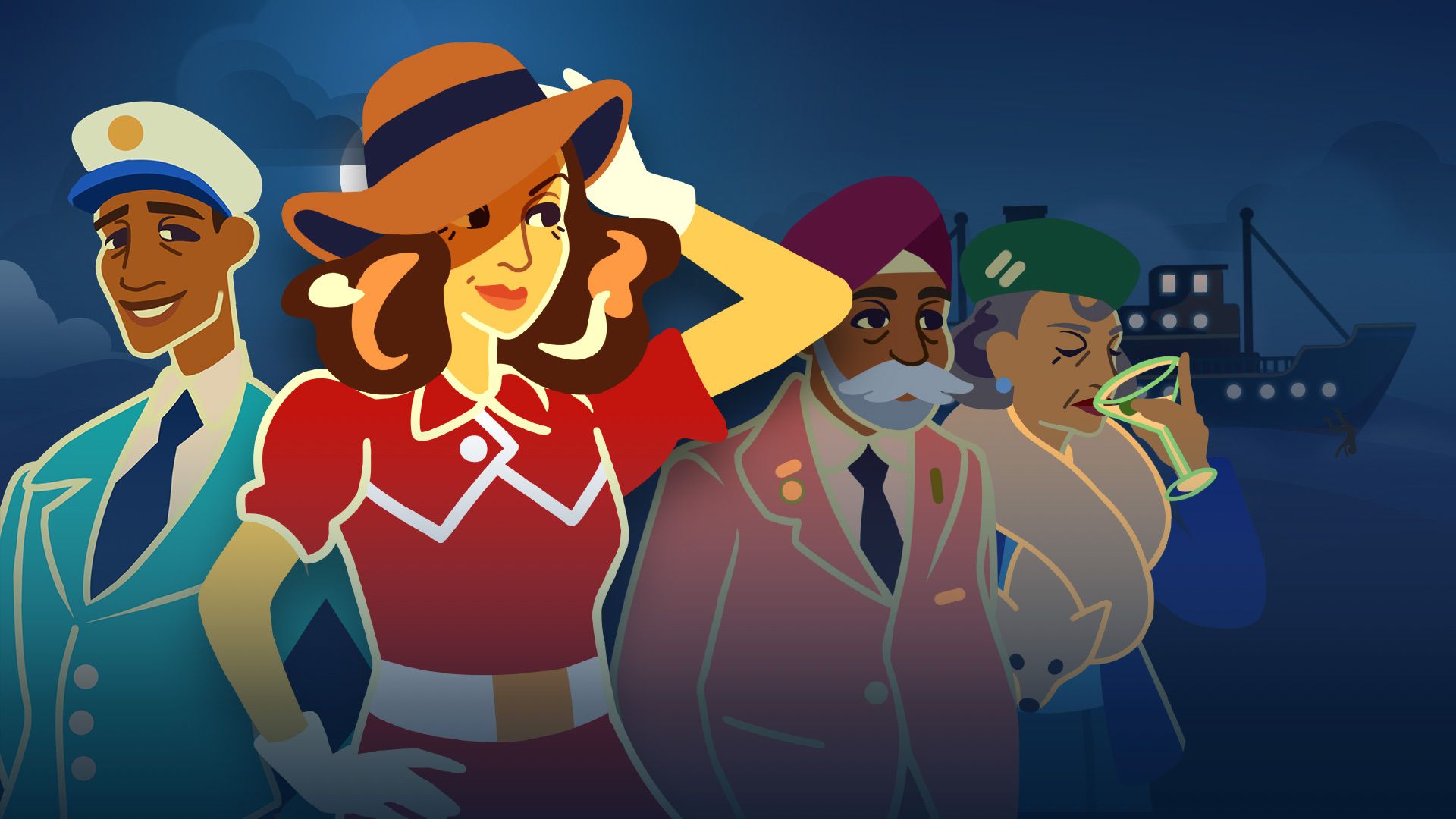
Next
Overboard Is One Of The Best Games Of 2021 That You Probably Haven’t Played Yet
A genius reverse murder mystery from the creator of 80 Days.


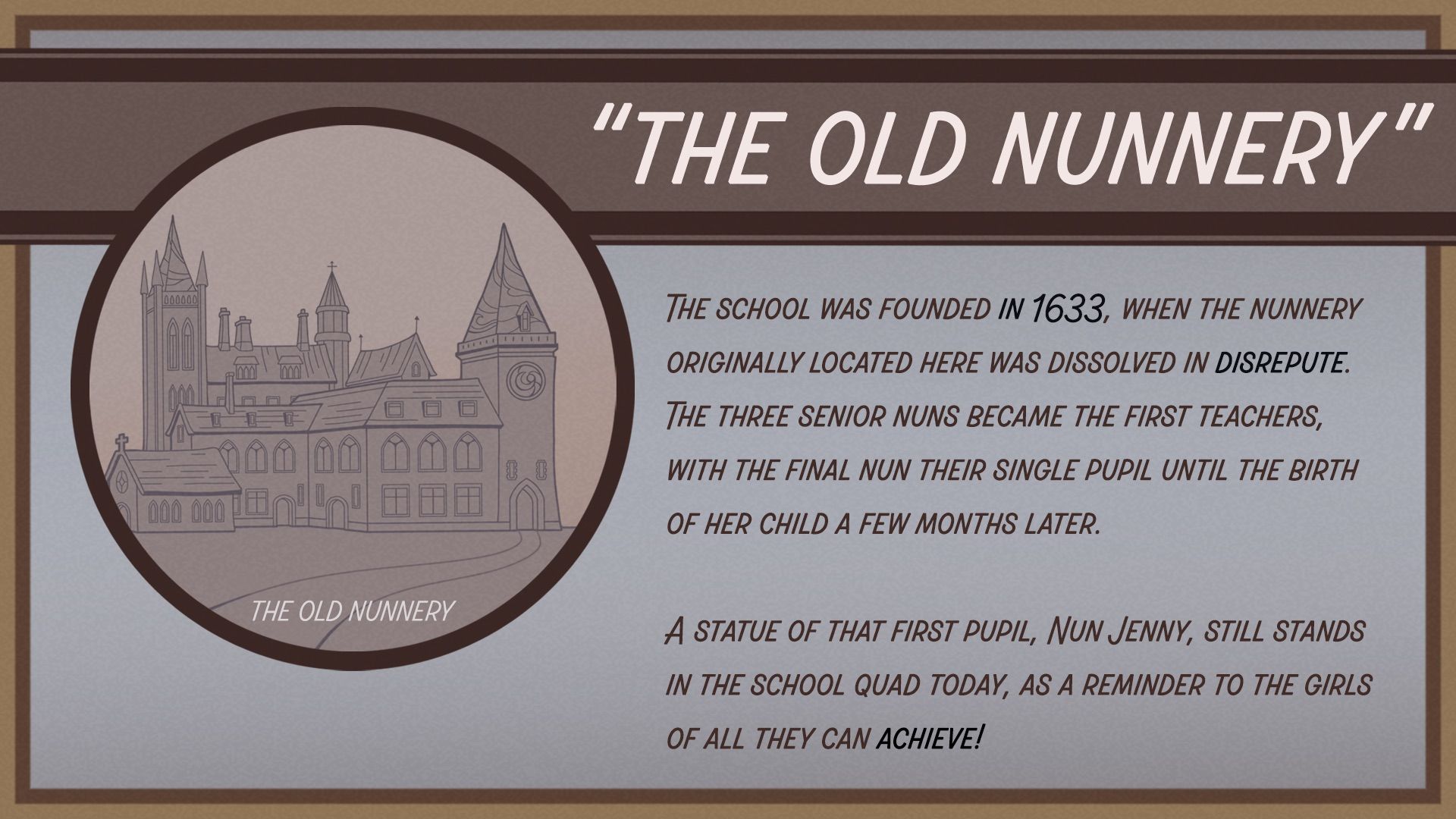
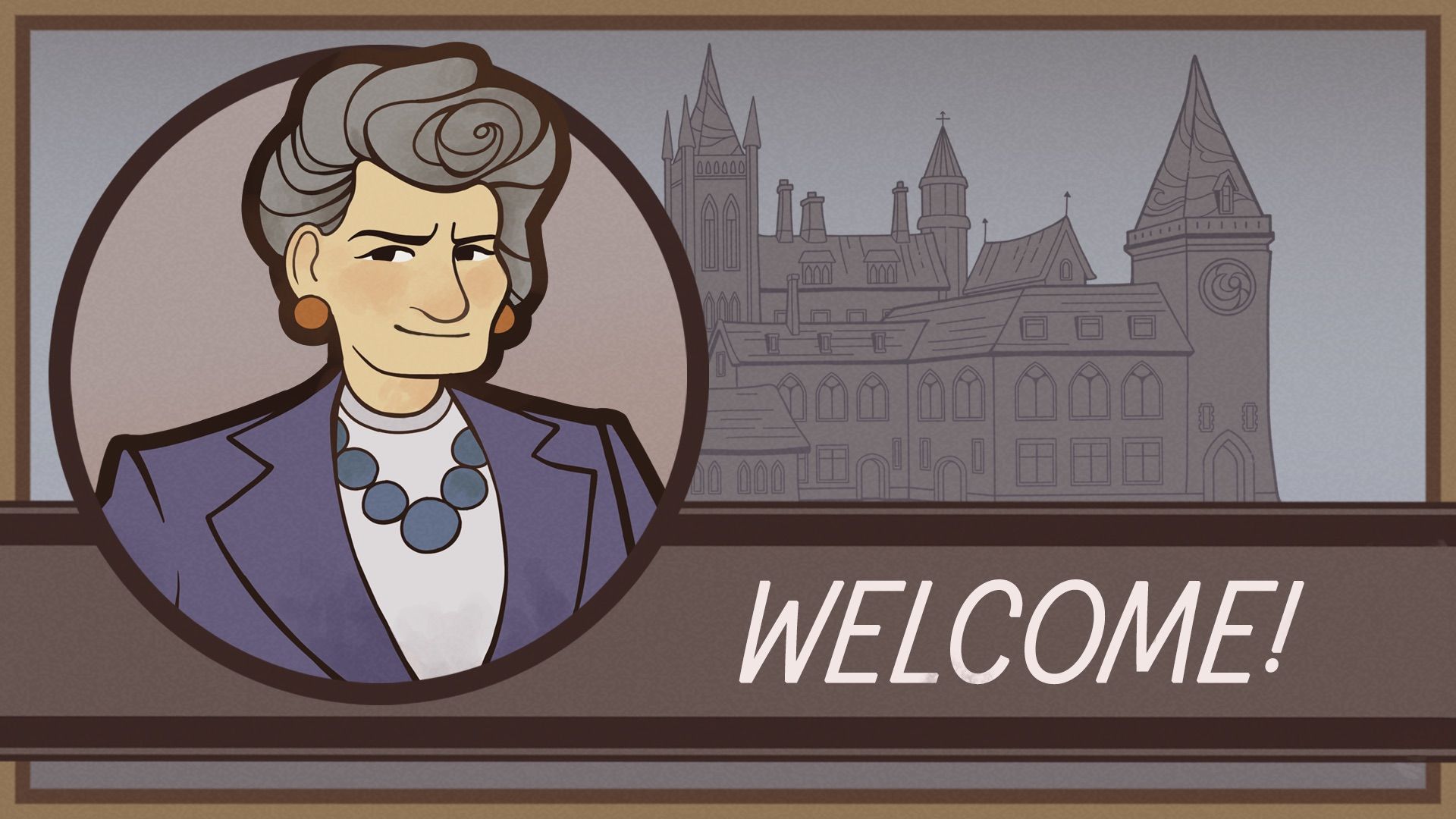
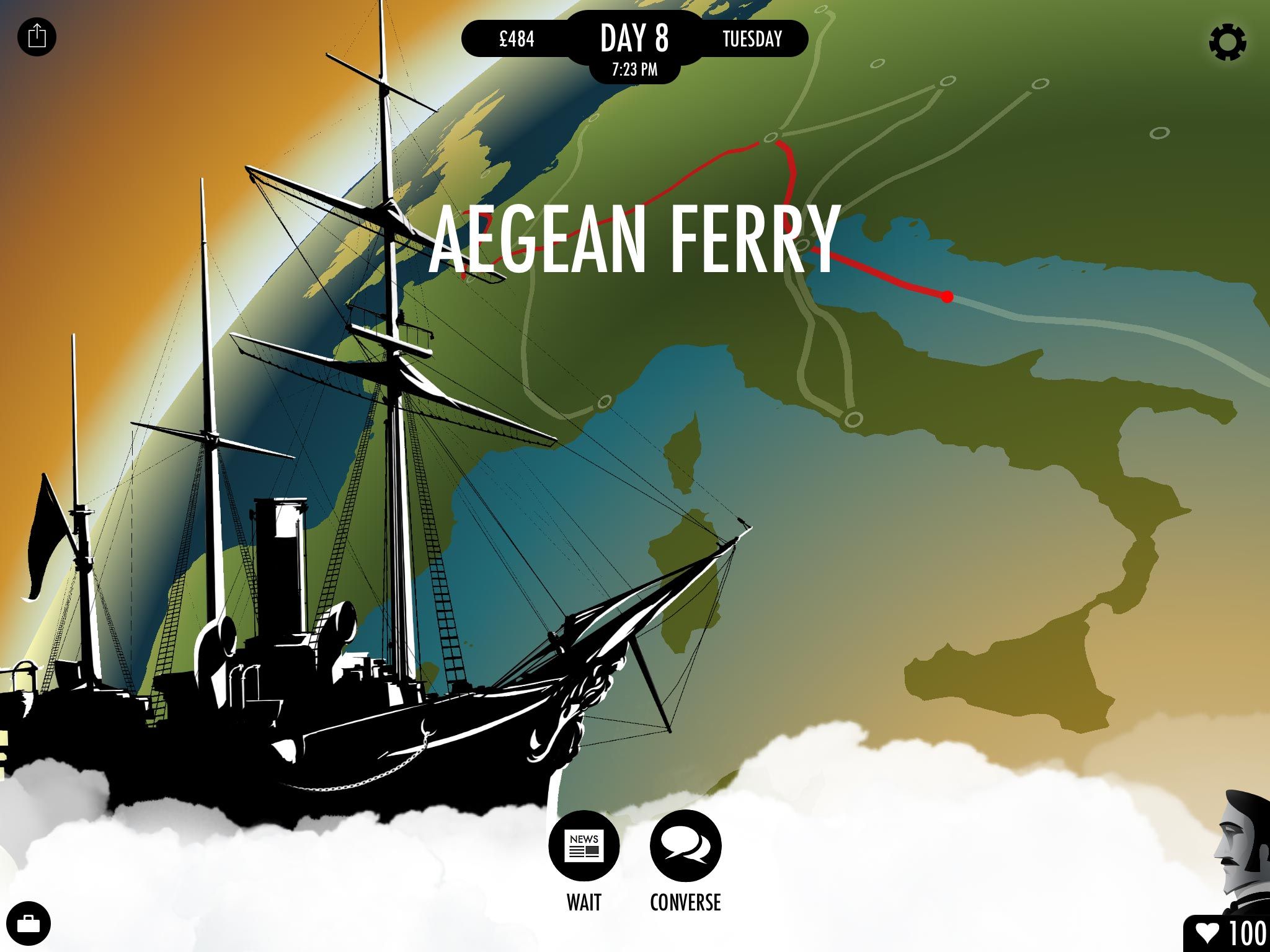
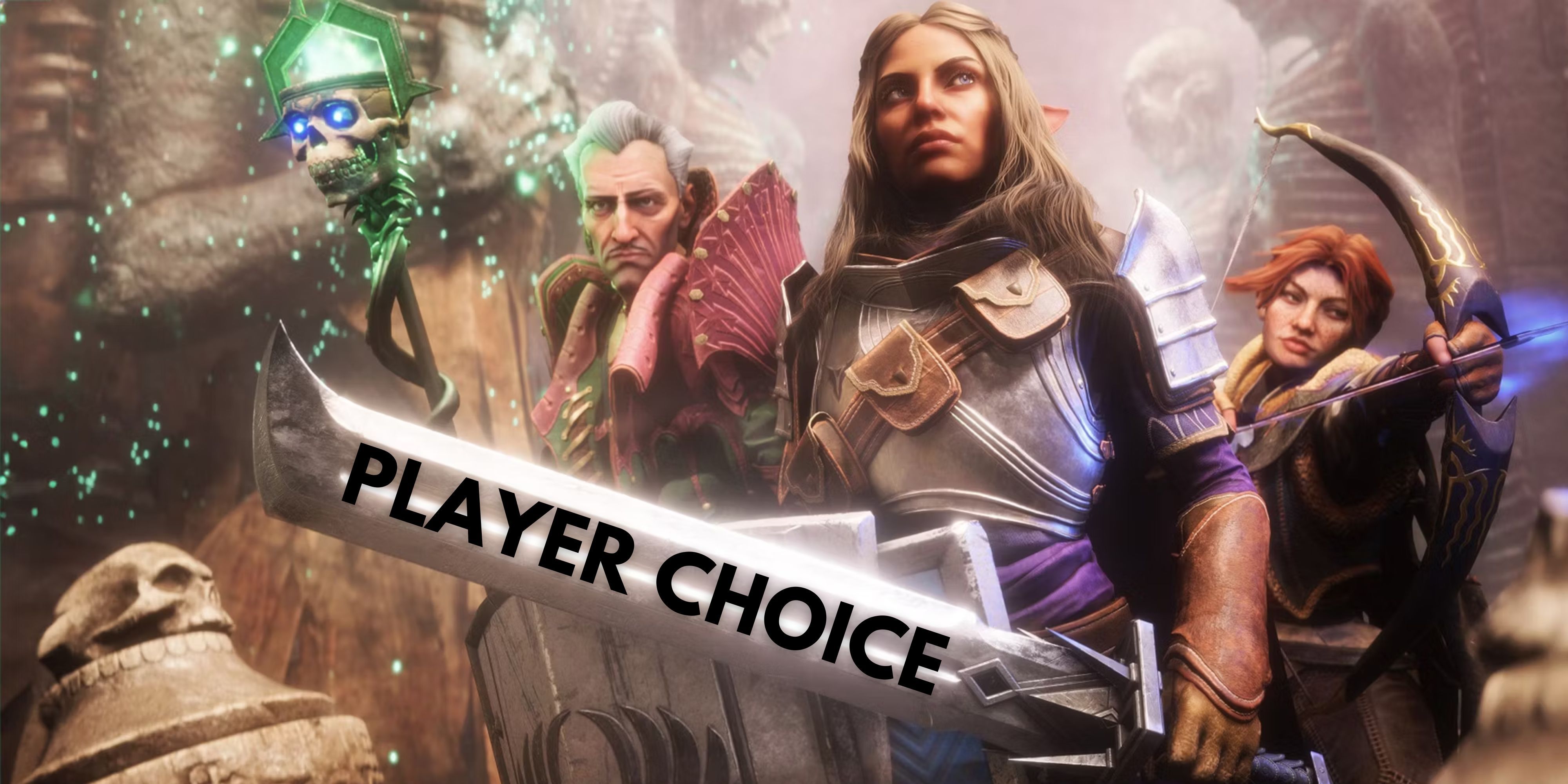
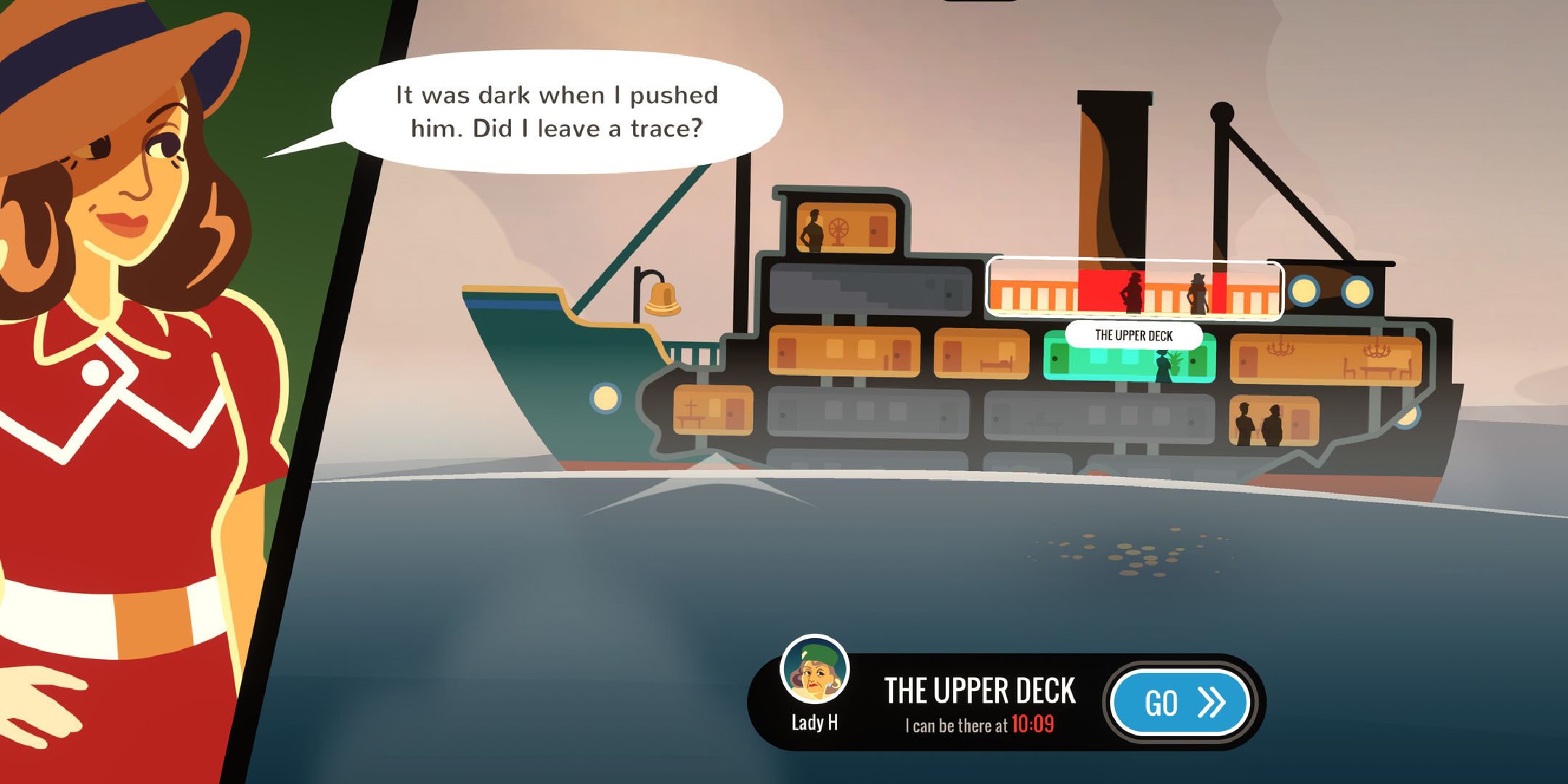










Leave a Reply